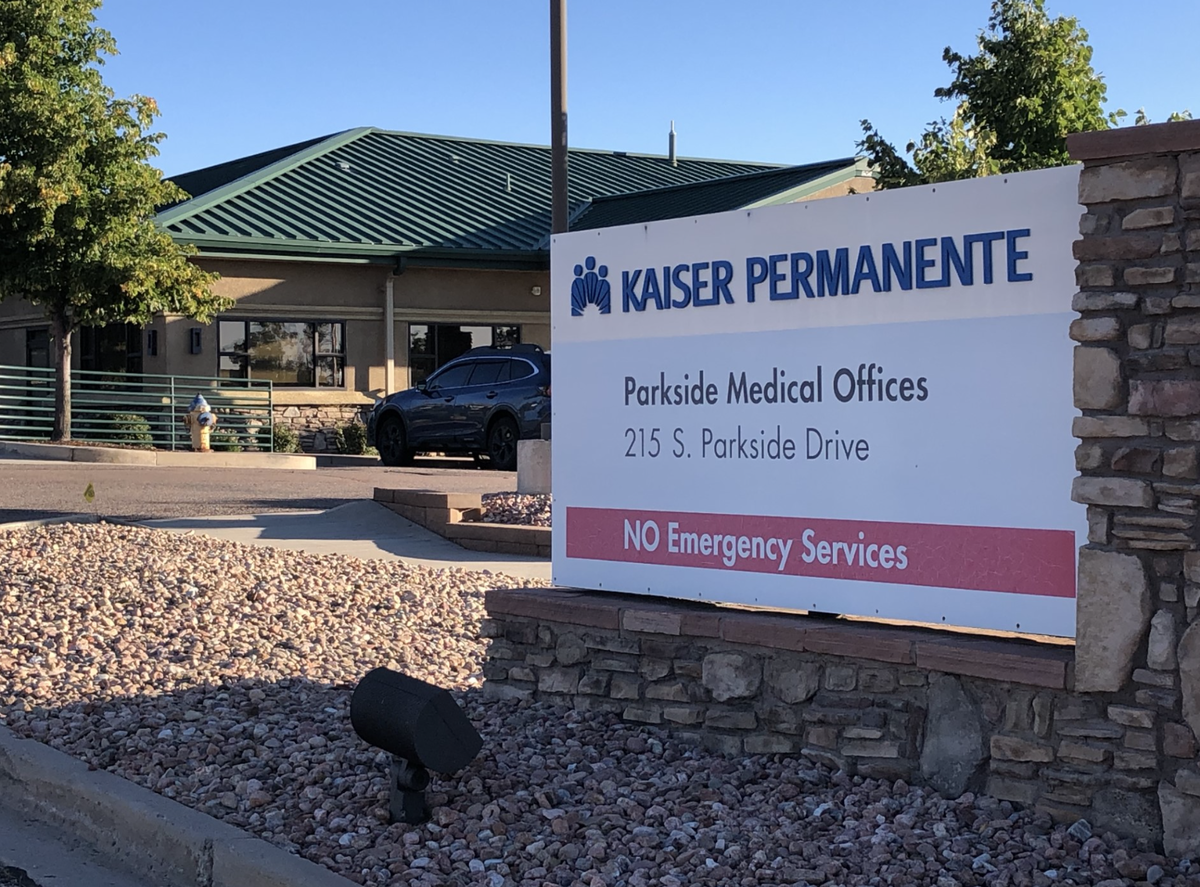Kaiser Permanente continues contract talks with Colorado employees in hopes of preventing strike
COLORADO SPRINGS, Colo. (KRDO) -- A deadline looms for healthcare company Kaiser Permanente (KP) and its 3,000 union workers as both sides try to avoid a strike before the current contract expires Sept. 30.
The union is the Denver-based Service Employees International Union Local (SEIU) 105; virtually all of the KP union members in Colorado have voted to authorize a strike if negotiations are unsuccessful.
At a recent gathering, union members energetically chanted: "We are ready, we are ready, we are ready to strike."

For KP employees, the issues are longer shifts, lower pay, and increasing job responsibilities; they said that the issues affect patient care by causing longer waits which also create safety concerns.
In response to those issue claims, KP provided the following statement regarding pay:
- Our philosophy is to deliver compensation that provides wages above the local market (at or up to 10% above market) to attract and retain the best employees.
- Being a best-in-class employer is a fundamental part of who we are. We intend to provide all Coalition employees with wage increases. We simply cannot endorse a single national approach to determining wages and ignore local market conditions.
- This year, the unions’ leadership is seeking a single national wage increase, the same increase for everyone. However, this would not reflect market labor costs and would prevent us from addressing fair market wages.
Kaiser Permanente Colorado
KP also said that it's committed to workplace safety and is two-thirds into the process of hiring 10,000 new employees.

The company advises the union to concentrate on patient care.
Employees believe that KP can afford any costs of improving the situation; on its website, the company lists an operating income of $741 million in the first quarter of this year -- an eightfold increase from the same period last year.

According to KP, contract talks are happening nationally and locally - however, they're not specific by office.
Kaiser Permanente Colorado provided KRDO with the following statement Tuesday afternoon:
